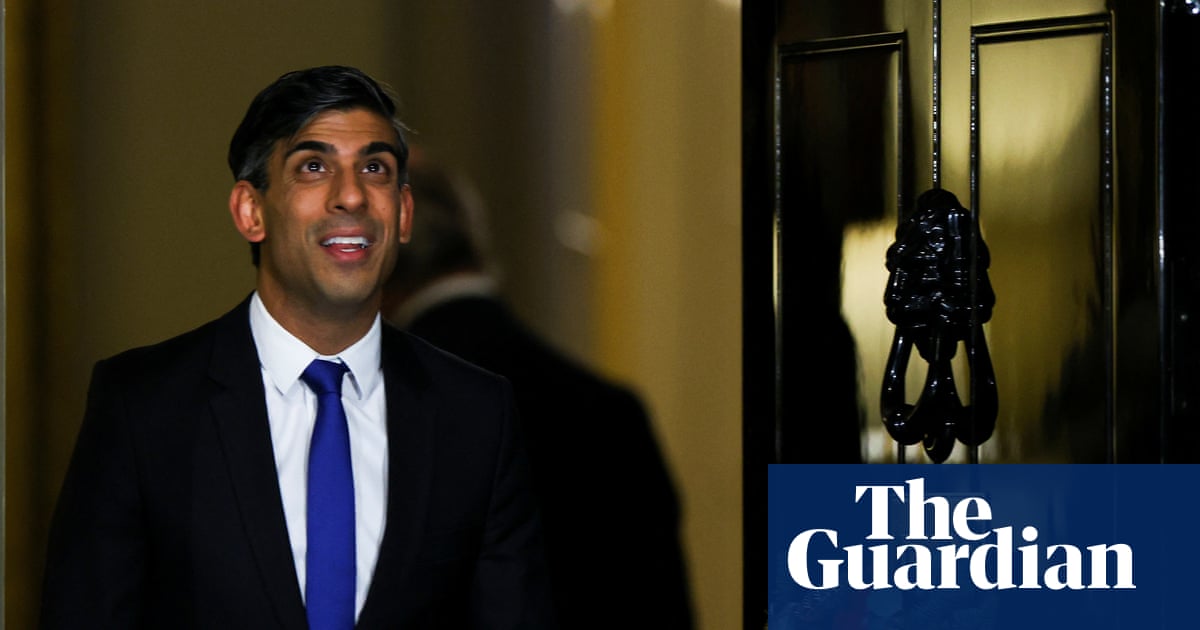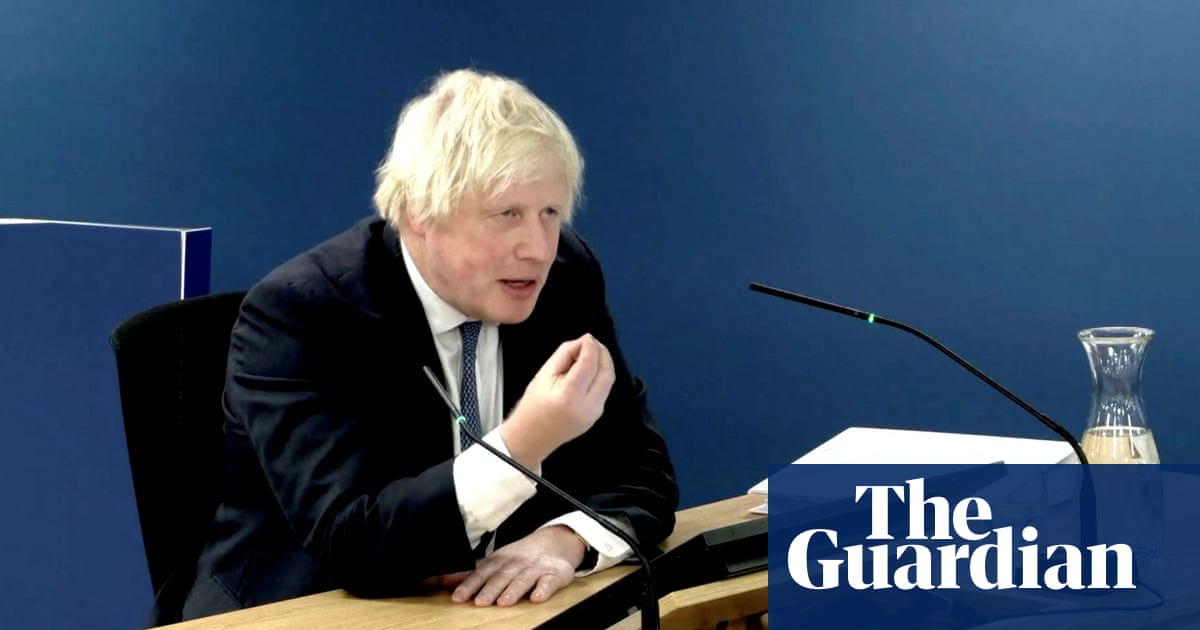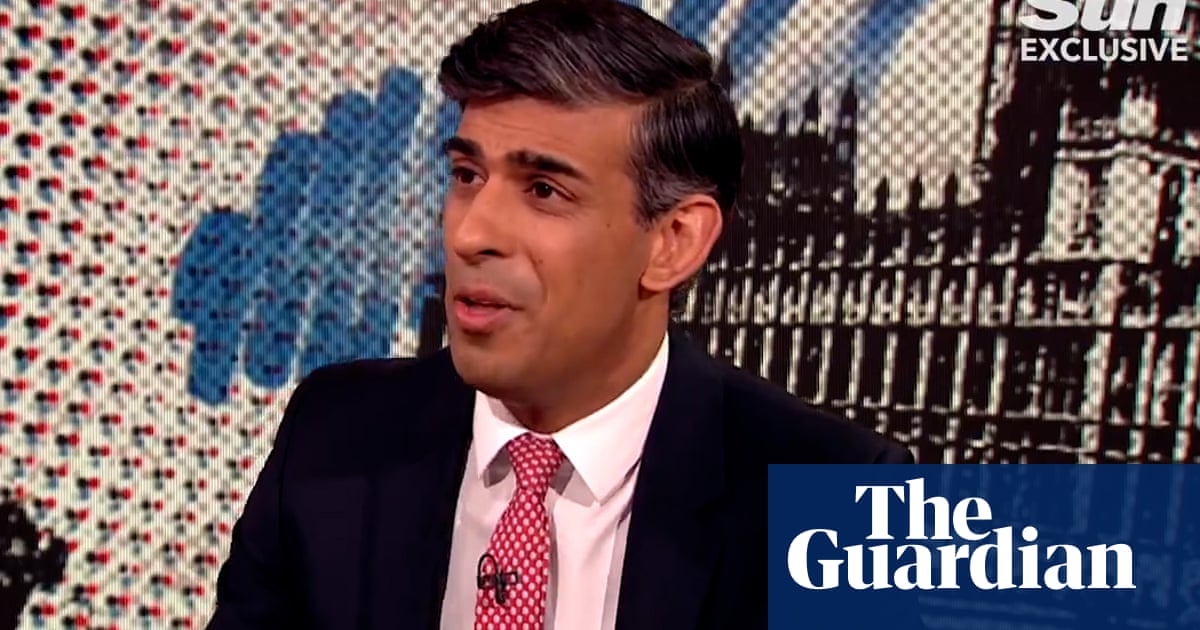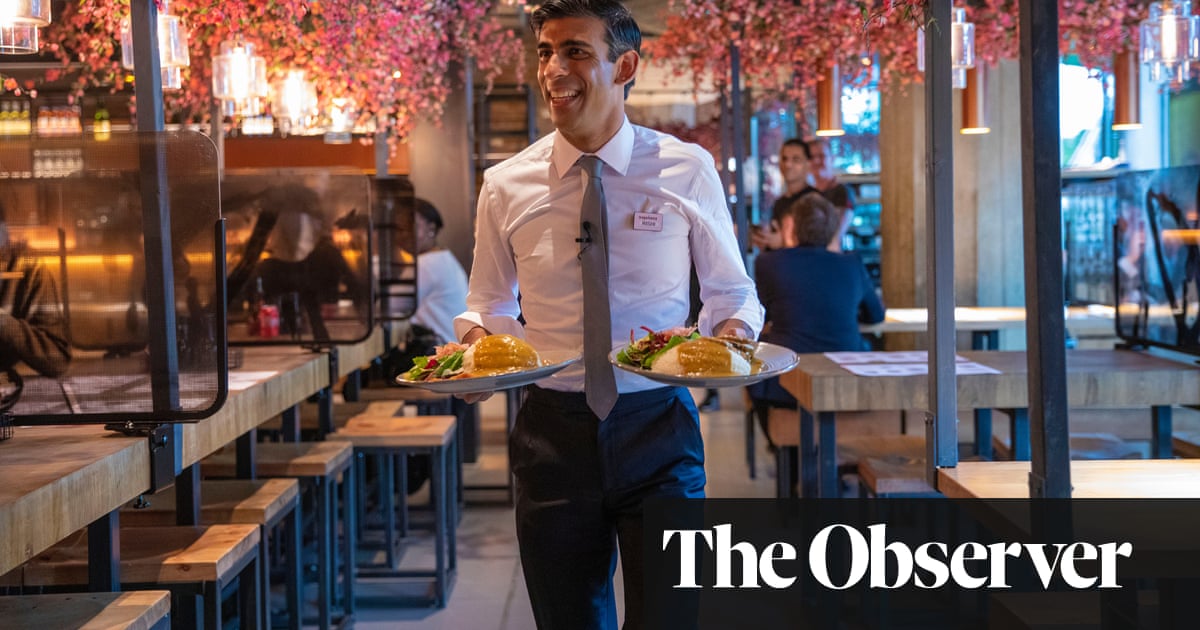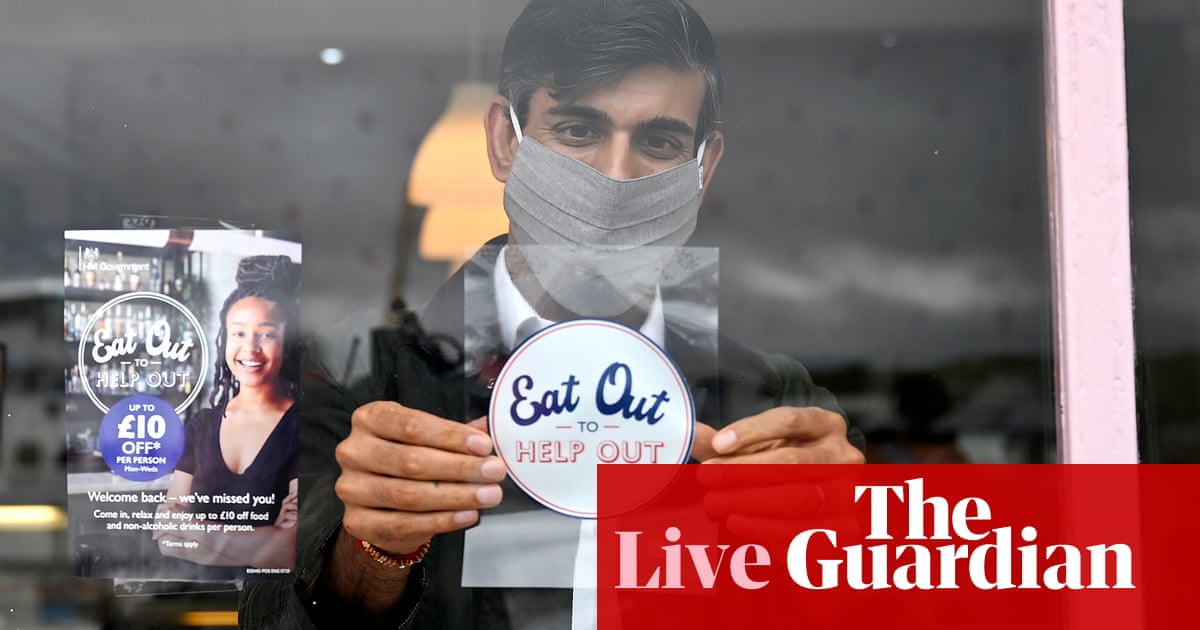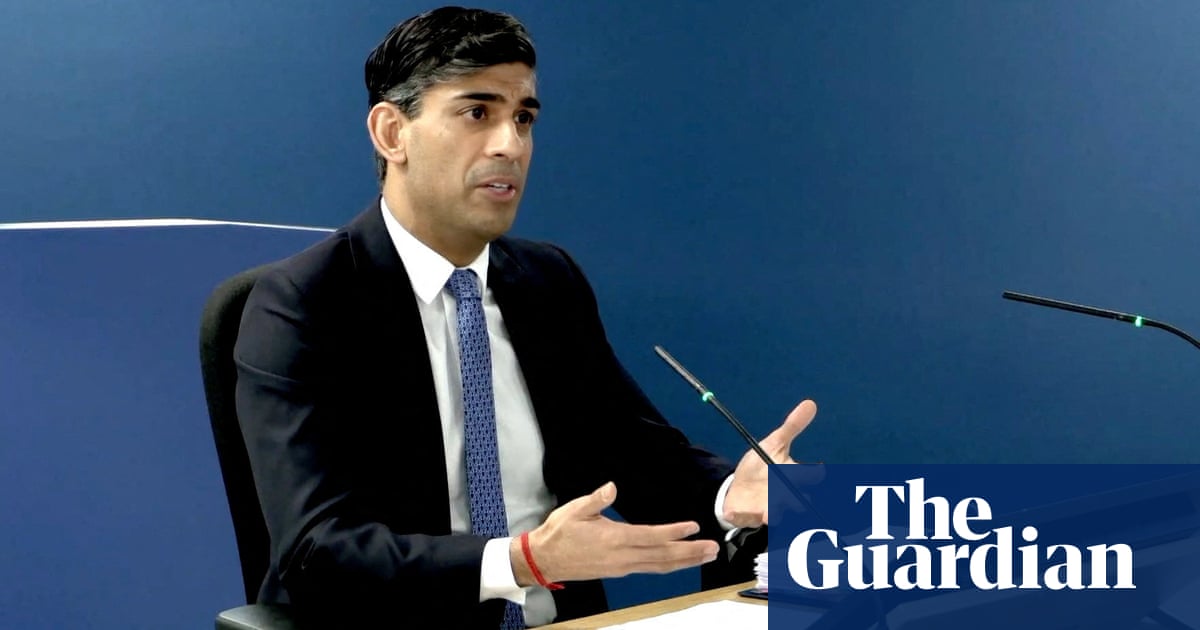
Rishi Sunak has forcefully defended his record as chancellor during the Covid crisis, saying he did not need to consult scientists about the “eat out to help out” scheme, and that descriptions of the Treasury as being “pro-death” were deeply unfair.
During five hours of often cautious evidence to the Covid inquiry, during which he repeatedly said he could not remember meetings, comments or other details, Sunak dismissed the idea he overrode scientific objections to his flagship hospitality scheme.
The inquiry had previously heard that Chris Whitty, England’s chief medical officer, called the plan that subsidised people to visit restaurants and cafes in summer 2020 “eat out to help out the virus”, while Patrick Vallance, the chief scientific adviser during the crisis, said it was “highly likely” to have caused additional deaths.
Sunak dismissed these objections, saying the scheme had protected millions of jobs held by “particularly vulnerable people”, while also confirming he had not explicitly sought expert advice about its potential impact on health.
He said there was no need to clear the plan with Whitty, Vallance or Matt Hancock, the health secretary at the time, as it was only a minor part of a wider programme of reopening following the first lockdown.
“This was a micro policy to make sure that that capacity which the scientists had already said was part of an overall package which could be safely delivered, was actually used,” he argued. “And it was done very much in that context.”
Pressed by Hugo Keith KC, the lead counsel to the inquiry, about why he had only spoken to Boris Johnson’s Downing Street about eat out to help out until the day it was publicly announced, Sunak changed tack somewhat, and said this was because it was a market-sensitive fiscal decision.
He said: “As would be completely normal for all economic policy before fiscal events, that’s longstanding practice. There always has been – I wouldn’t have discussed the VAT cut on the hospitality sector with the secretary of state for health, or the stamp duty cut. These are all either market-sensitive or economic issues.”
Asked if he was aware that some No 10 officials had referred to his Treasury as the “pro-death squad” because of a perceived focus on economic reopening above health consequences, Sunak said: “I was not, and I do not think it is a fair characterisation of the incredibly hard-working people that I was lucky to be supported by at the Treasury.”
In testimony punctuated by apparent lapses in memory, Sunak said he was unable to recall details of the meetings that imposed the first lockdown in March 2020, or whether he or other ministers had opposed extending free school meals to poorer children during holidays, a decision reversed after a campaign by the footballer Marcus Rashford.
He also denied hearing anyone dismissing parents whose children needed free meals as “freeloaders”, a comment Vallance recorded in his diary as being made by someone in government during this debate.
Sunak, the final witness for the inquiry’s current module, which covers decision-making at the top of government during the crisis, also said he had no recollection of government scientists warning that earlier reopening plans could push up the Covid infection rate.
Keith showed him an email from June 2020 in which a senior Treasury minister said Whitty and Vallance had warned that the plans – which predated eat out to help out – were “at the riskier end of the spectrum” and could limit the scope to bring pupils back to schools in September.
Sunak said: “I don’t recall seeing that email. That didn’t come to me.”
Pushed by Keith on how he could not have been aware of such important advice, Sunak said: “I didn’t write this email. I rarely ever saw these emails. That’s just not something that I would have done.”
At the start of his evidence, Sunak confirmed that he had been unable to pass to the inquiry his WhatsApps from the period, as he had changed his phone many times in recent years and never backed up his messages.
Asked if he had been advised that he should try to save messages, especially after Johnson established the inquiry in May 2021, Sunak said: “I don’t recall anyone in my office making that recommendation or observation to me at the time.”




